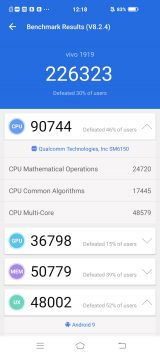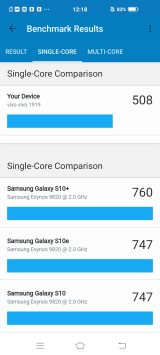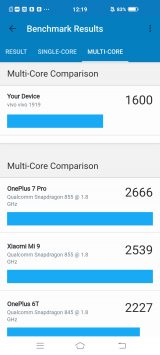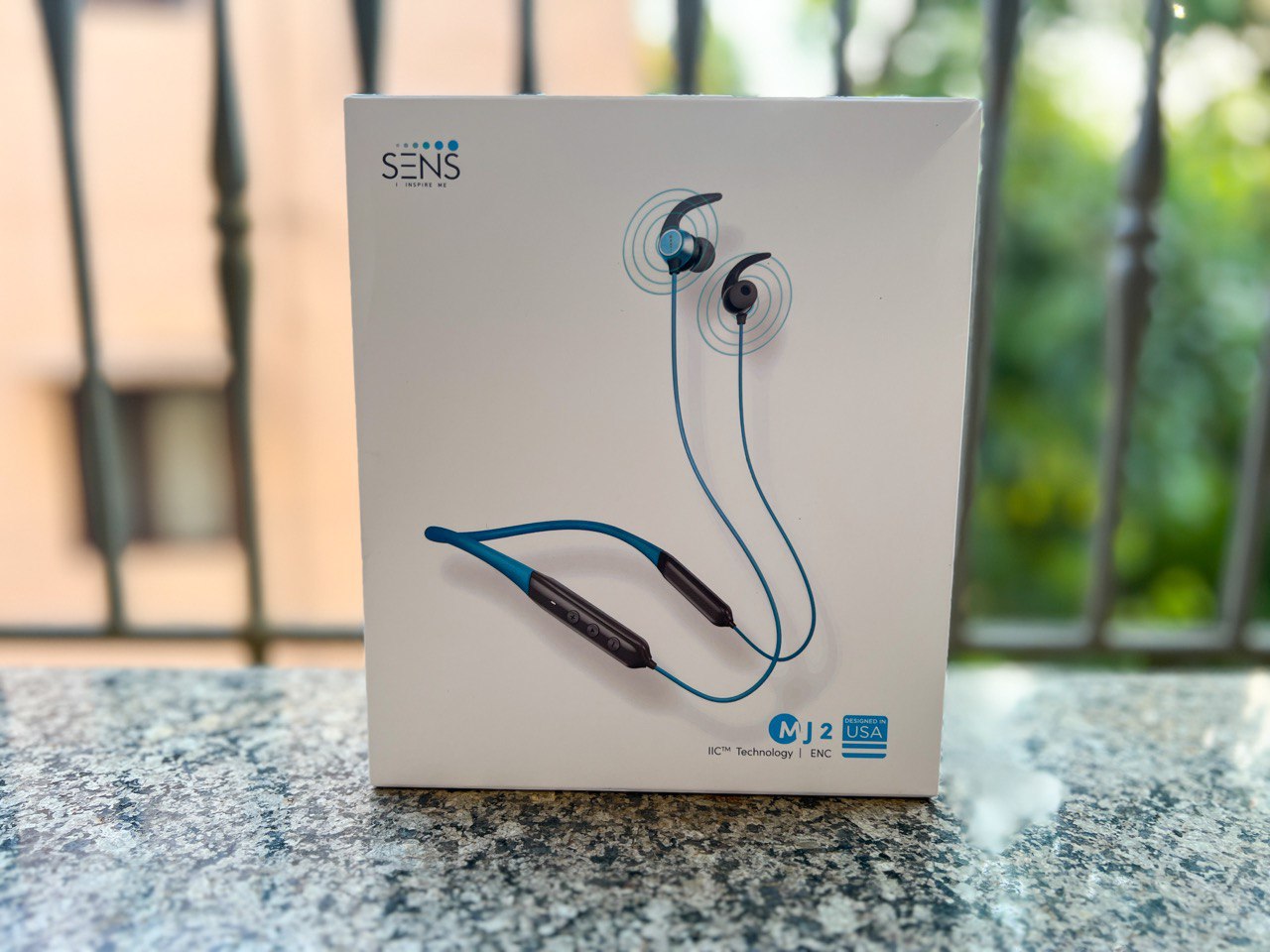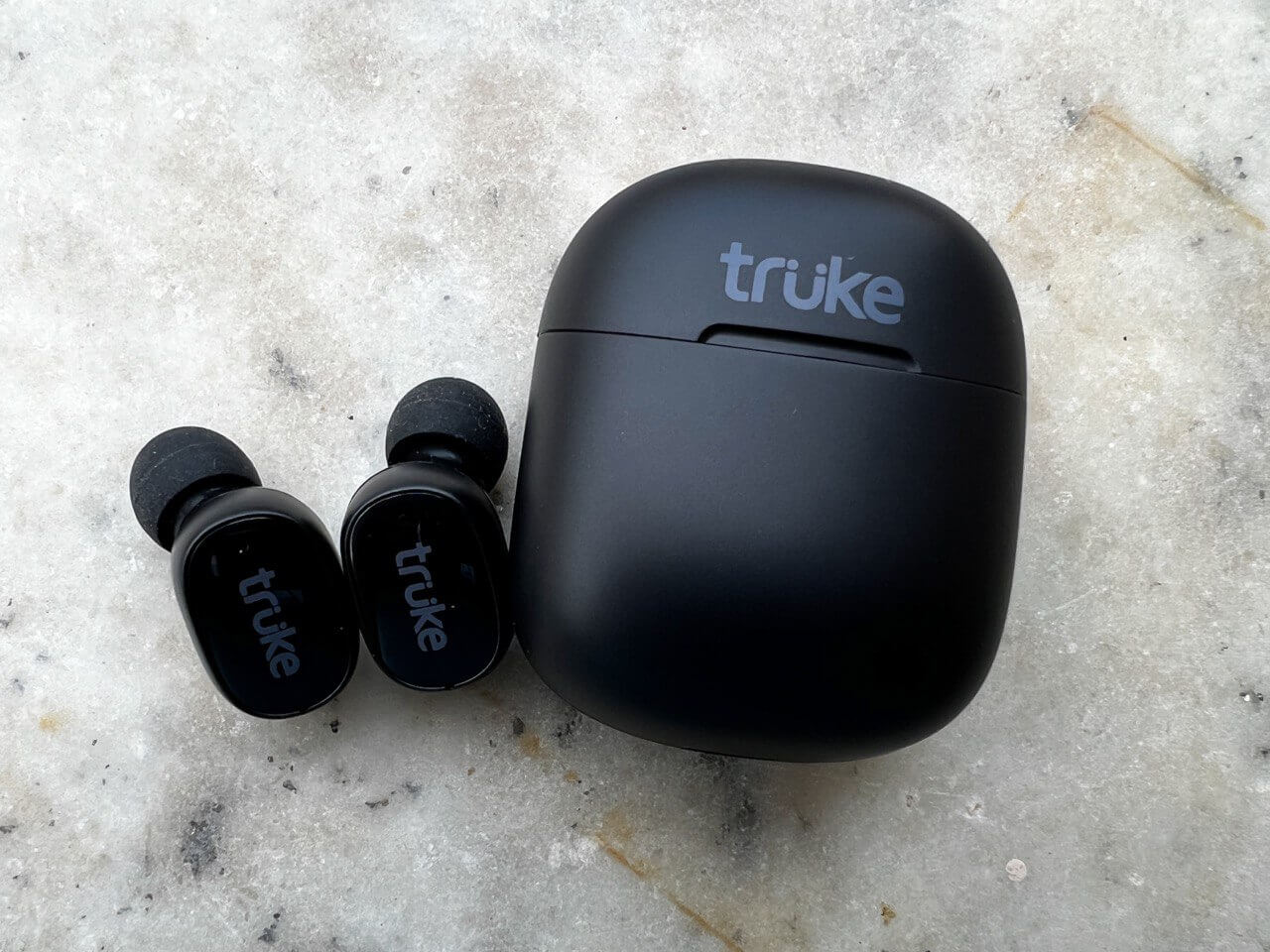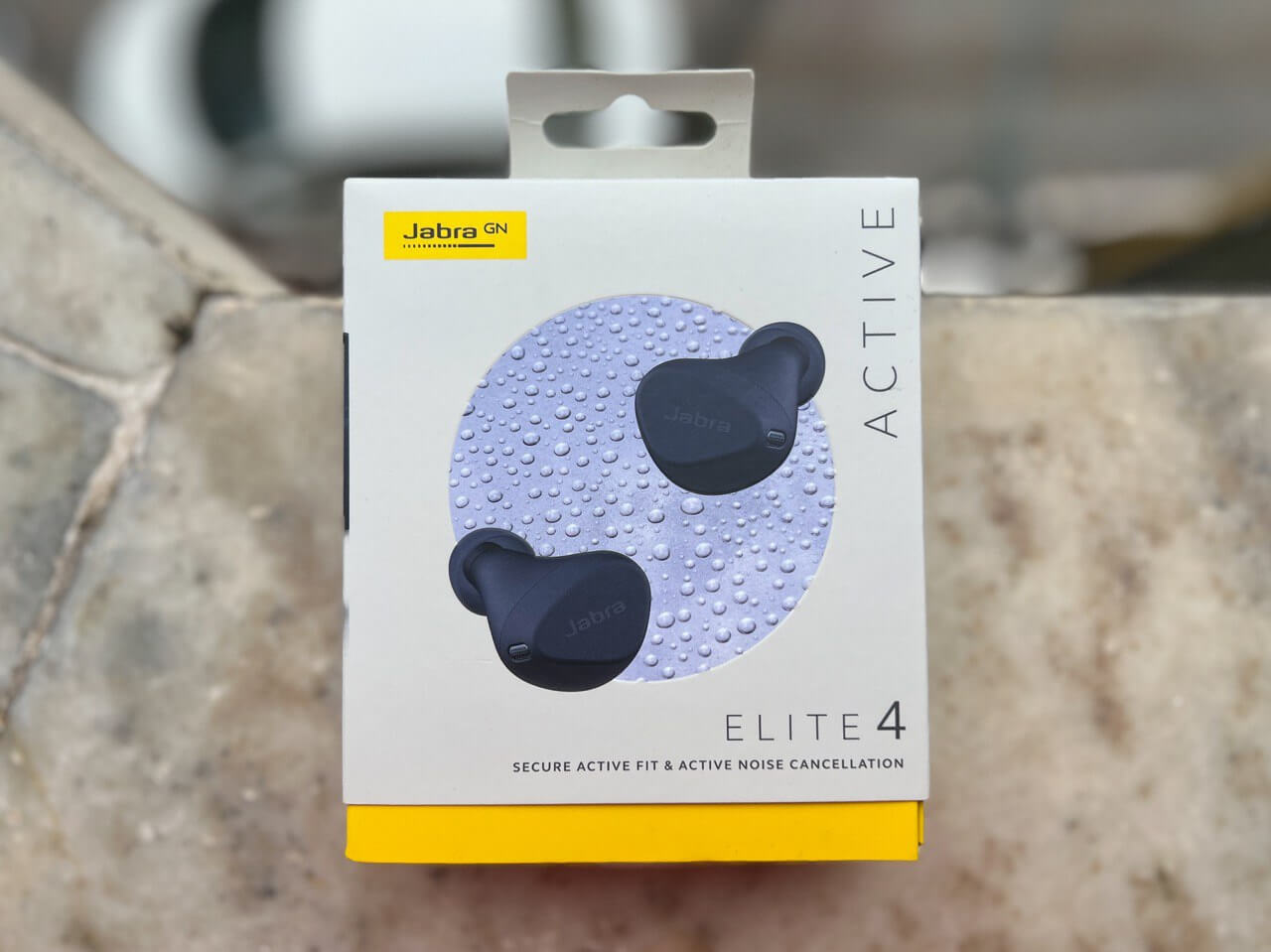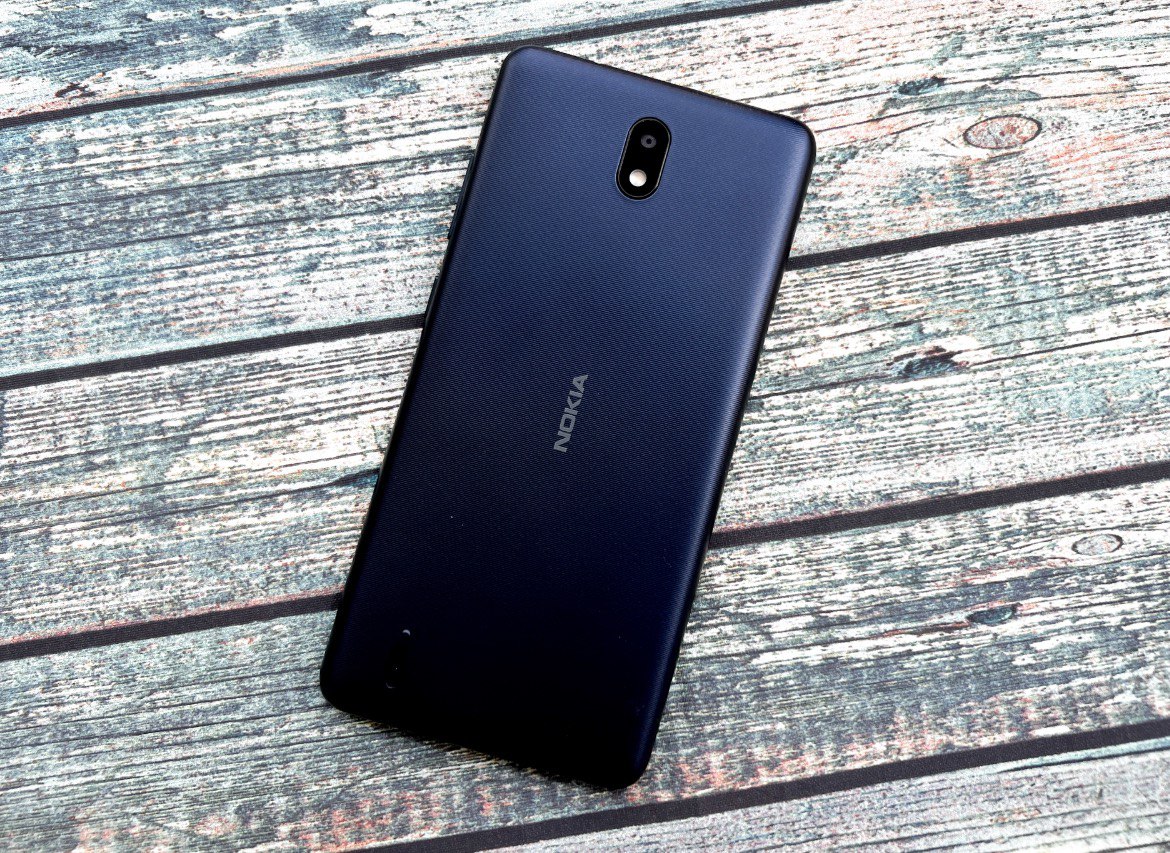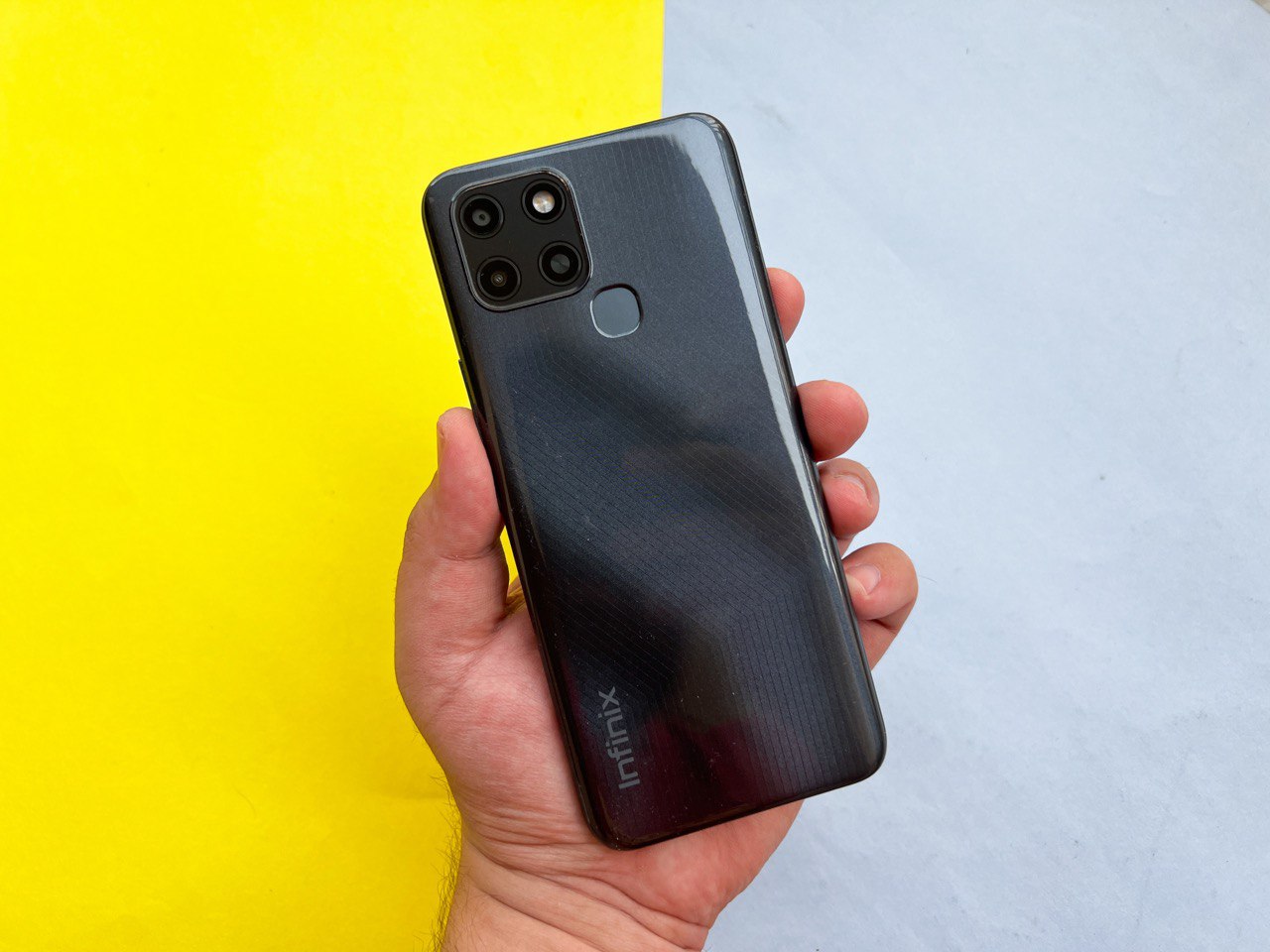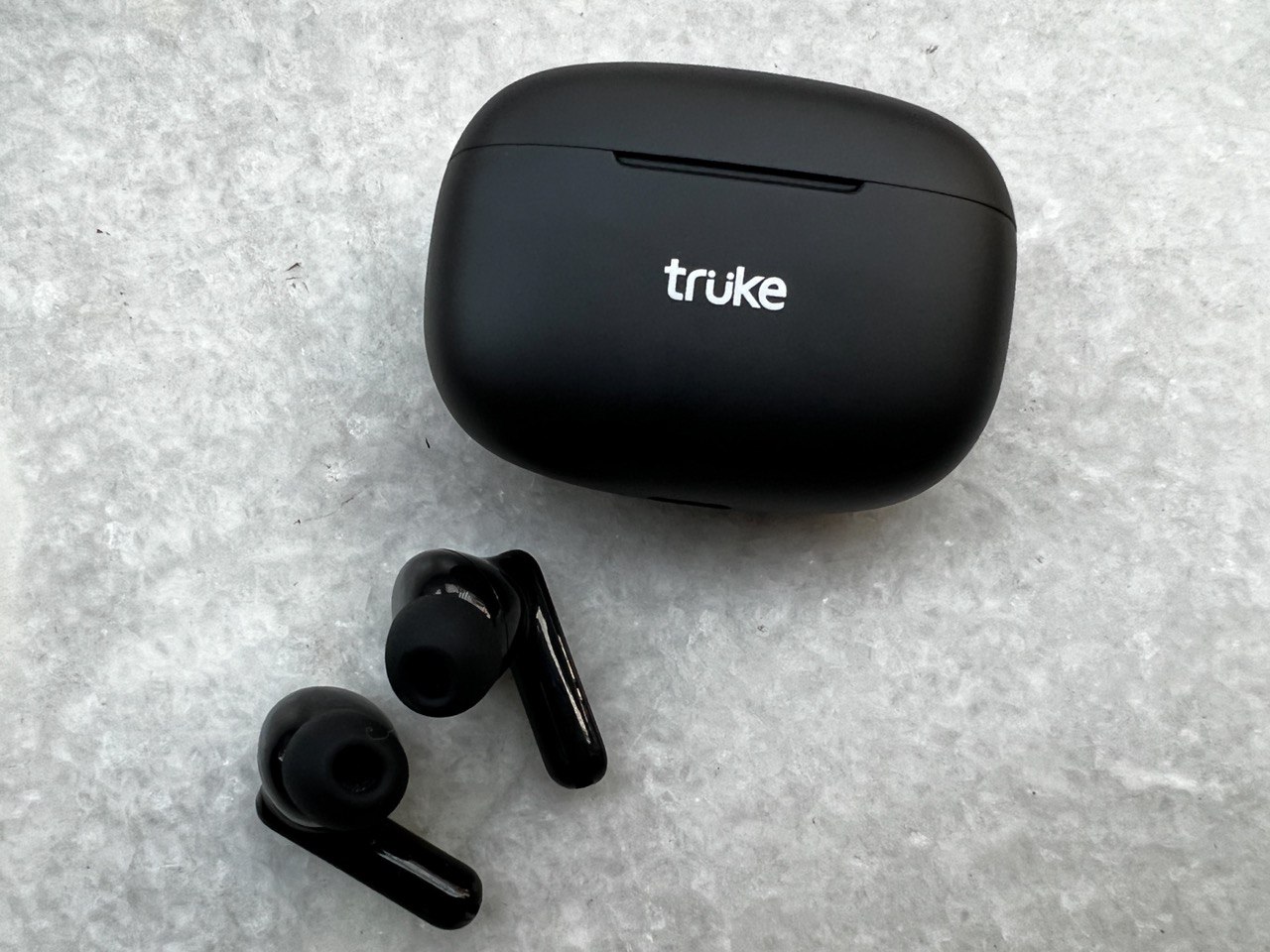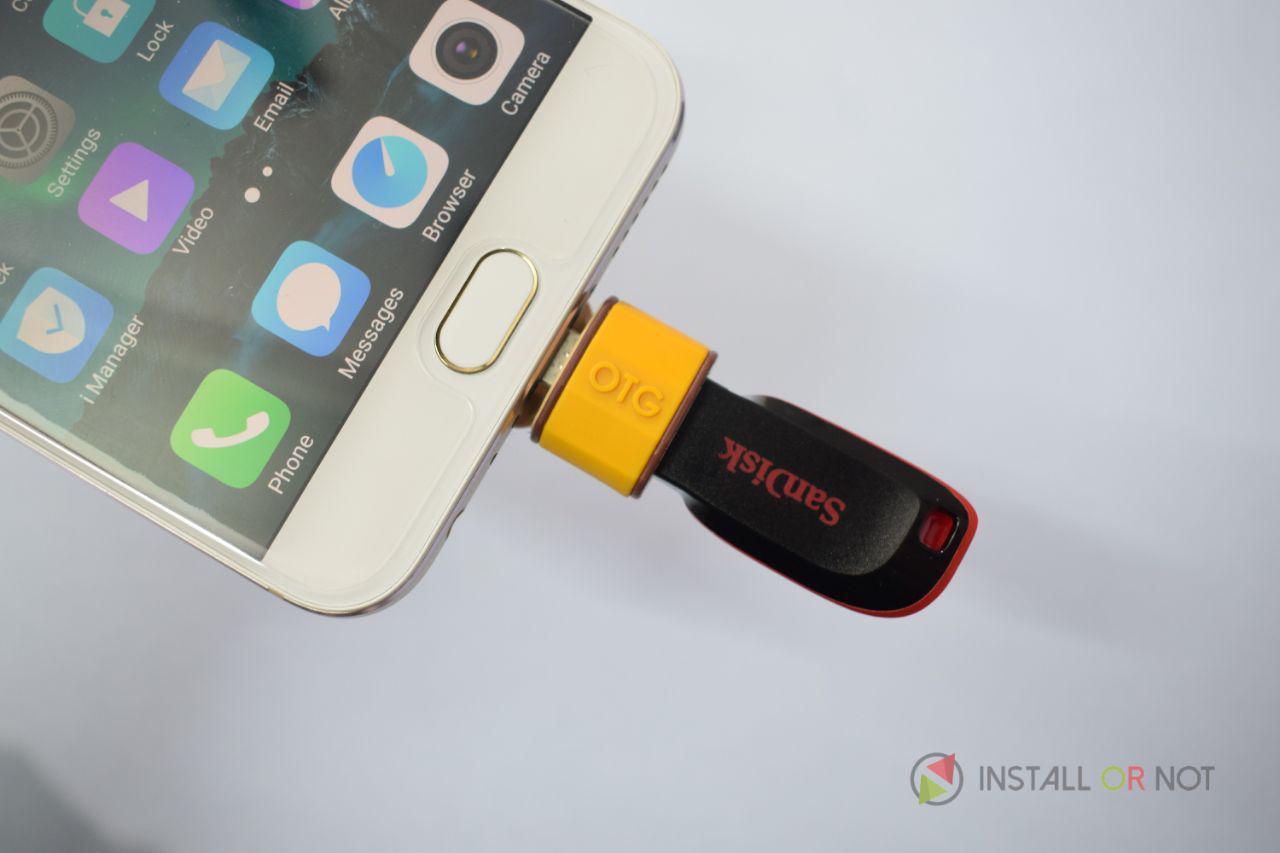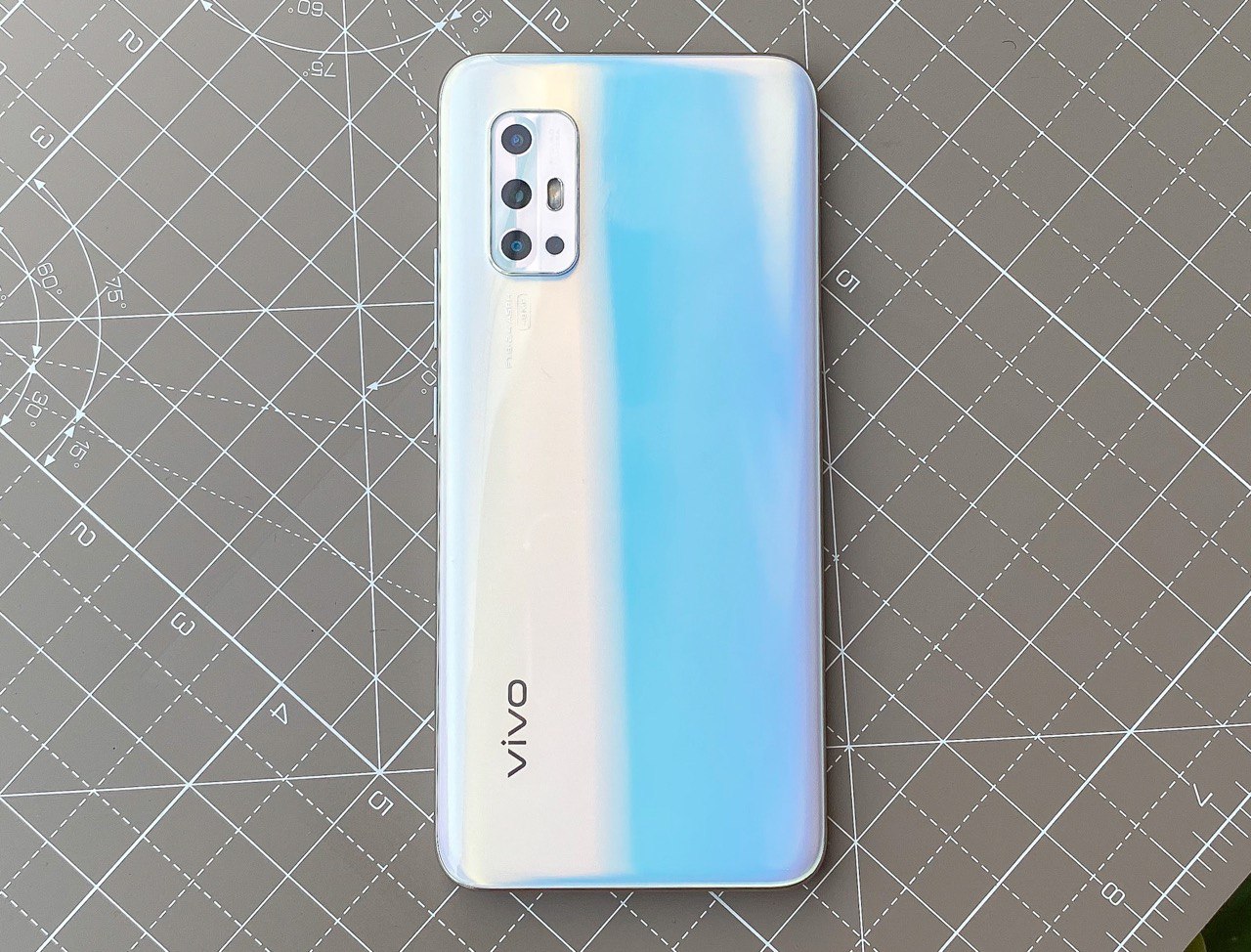
With a busy lineup of devices, Vivo has launched more devices in 2019 than they ever did in any year. We can say that Vivo has dominated the offline market mostly in the budget and mid-range segment without disappointing. After the recent launch of the Vivo U20, the company launched the Vivo V17, the younger sibling to the Vivo V17 Pro. How well does it hold up for its price? Well, check it out on our Vivo V17 Review below.
Design and Display
The Vivo 17 is suggestively the younger sibling to the Vivo V17 Pro from the name. But it certainly is not when it comes to the design because the V17 has a different design language on the whole. Moreover, the Indian version of the Vivo V17 comes with a punch-hole camera whereas the international version with a teardrop notch. In fact, with the current trend, Vivo has tried to make the punch-hole camera as tiny as possible.
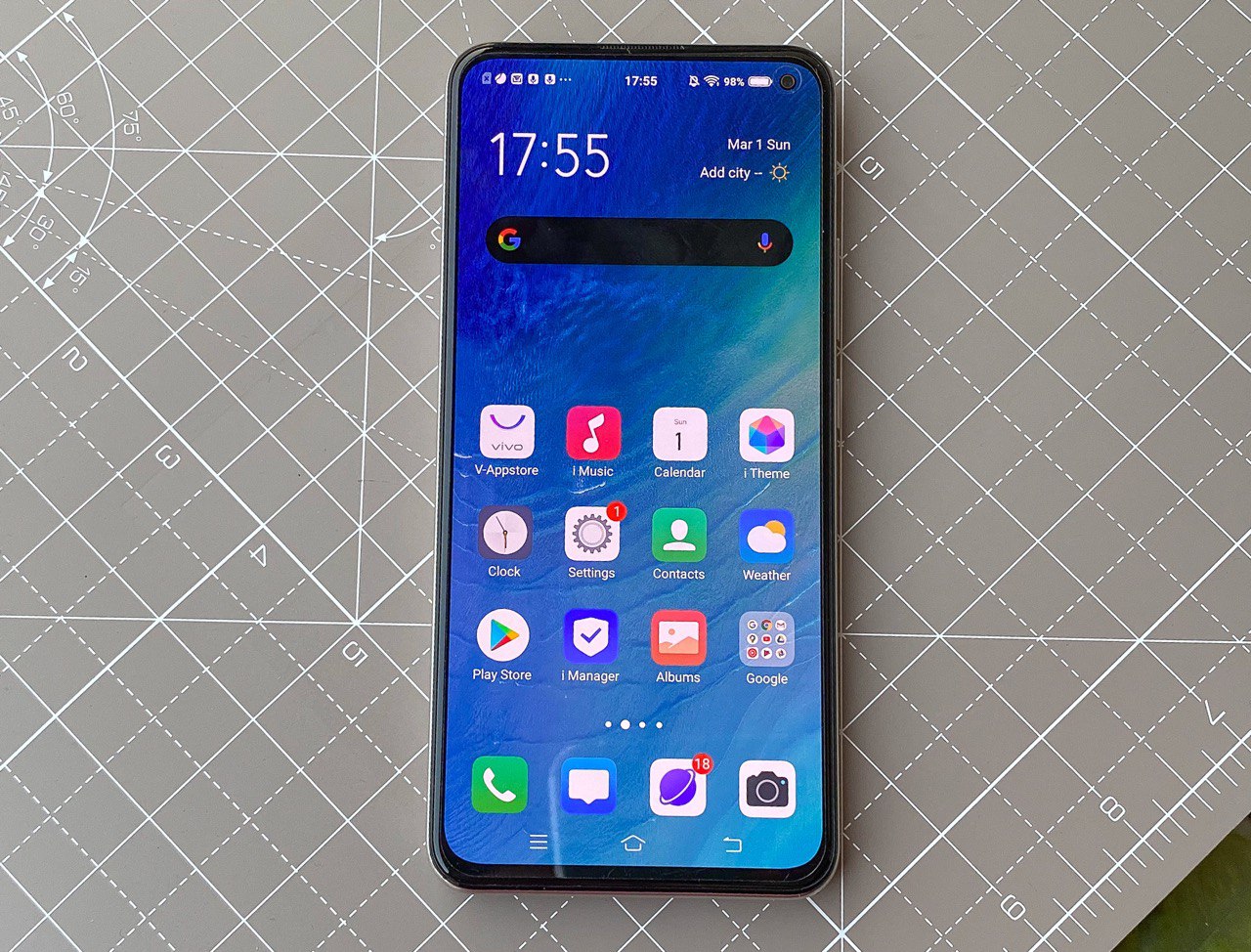
On the front is the huge 6.44-inch display with almost no bezels and a thin chin which adds to the looks as it comes with the punch-hole selfie camera. Weighing just 176 gms and packing a 4500 mAh battery, the V17 is a perfect example of an ideally designed smartphone. The power button and the volume rockers are placed on the right panel and the SIM tray on the left. On the bottom panel, it has a USB Type-C charging port with the 3.5mm headphone jack alongside it with the speaker and microphone. And on the top panel, it has a secondary microphone for video recording.
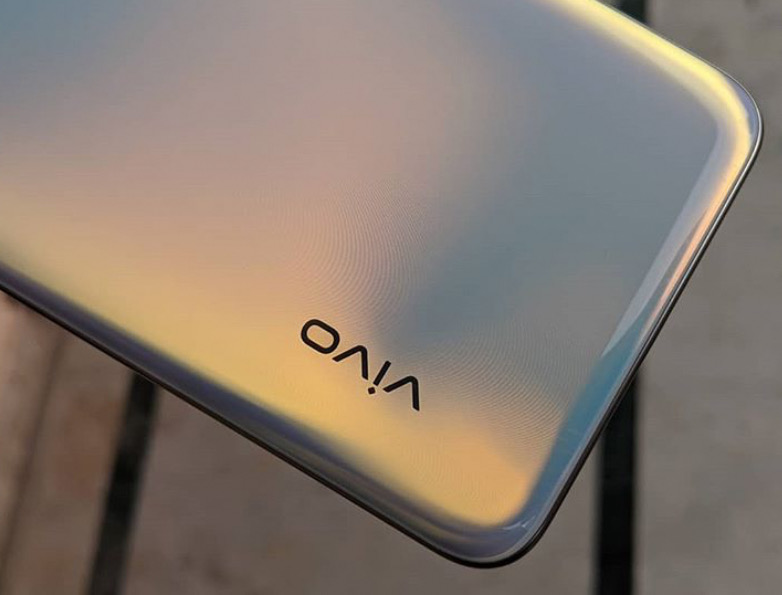
On the back, the device has a plastic-finish which is the obvious for the lightweight. It comes with a quad-lens rear camera put in a rectangular module along with the LED flashlight. Just bottom-parallel to this module is the Vivo branding and also, the frame of the device is plastic. Overall, the device is great in terms of looks and the experience is above par. A glass form would’ve been much better.
The Vivo V17 comes with a 6.44-inch Super AMOLED FHD+ display which has impressive viewing angles with colors too being vivid. This display is good multimedia enjoying medium and we loved watching videos. Although the punch-hole camera cuts in the video content, it didn’t bother us much and we hope it’d be the same for you if you were not that disturbed with the whole notch movement. On the whole, Vivo is doing good with the displays in their devices lately and the same is the case with the Vivo V17.
Software and Performance: Vivo V17 Review
Out of the box, the Vivo V17 comes with the FunTouch OS 9.2 on top of Android 9.0. The custom UI is something Vivo stuck to since its entry in the market, and it might bother you a bit if you are moving from a stock experience but otherwise, the lack of app drawer will not bother you much. There are a few pre-installed apps bloatware that the device comes with but hopefully, you can uninstall the apps as per your preference.
With the older iOS-y kind of UI, Vivo still has the swipe up from the bottom to open the action centre which is kind of a backlash as Apple themselves updated from that to drag down from the top corner. Do you want the quick toggles to be moved to the drag down top? Let’s just hope Vivo hears this and the obvious reason Vivo might not take instant action is that because most of the Vivo users are used to this and they won’t complain much since they got used to it.
In terms of the performance, the Vivo V17 comes with the Snapdragon 675 SoC along with 8GB of RAM. And thanks to it, the multi-tasking on this phone is bliss as per our tests. We tried out opening several apps and switching between them was smooth and well-staged. The in-display fingerprint sensor and the face-unlock is quick enough.
Coming to gaming, with totally pumped up graphics of PUBG Mobile, the device did good run for the money without any issues whatsoever. However, there were few frame drops if you did multi-tasking along with these settings of PUBG Mobile. After 20 minutes of gaming to be precise, the device did warm up a bit. Below are the benchmark scores that were returned.
Cameras: Vivo V17 Review
The Vivo V17 comes with a rear quad-camera setup with a 48MP primary sensor with f/1.8 aperture, an 8MP ultra-wide-angle sensor with f/2.2 aperture, a 2MP macro lens, and a 2MP depth sensor. The stock camera comes with all the basic modes provided in all the Vivo phones except for the added super night mode, ultra-stable video mode, super macro mode, super night selfie, and AI scene recognition modes.
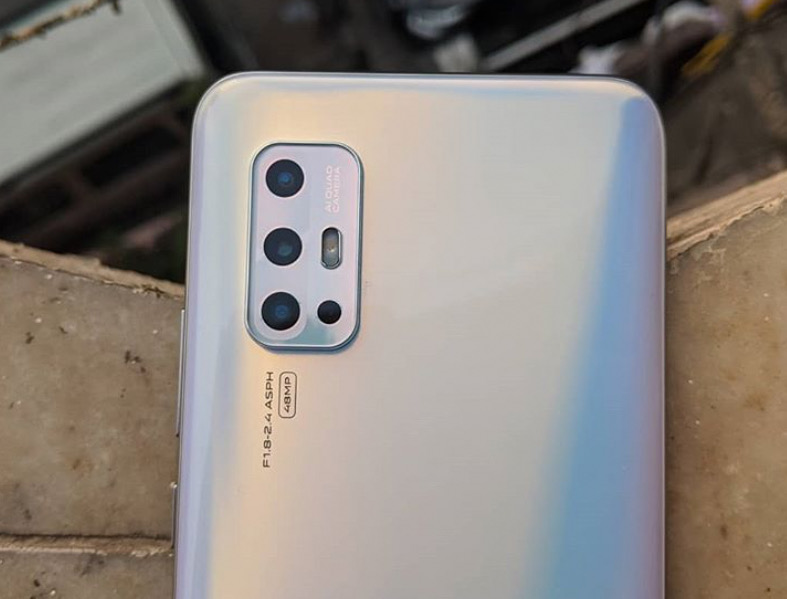
Coming to the camera results, the primary 48MP sensor shoots 12MP shots by default with the pixel binning technology, the autofocus and shutter speed yielded good results and was quick. And with the scene recognition, the auto HDR kicks in taking crisp photos. The camera performance in good daylight conditions is great but when it comes to shadows, the images came out a bit grainy and the dynamic range didn’t do the perfect job.
The wide-angle lens can be used from a toggle on the screen in the camera app. The photos taken with this lens came out good enough but colors were not as good as compared to the photos taken with the primary lens. Also, the edges came out a bit bulged and I hope Vivo fixes this in their software update later.
For bokeh mode and portrait mode, the depth sensor gets working to provide the good enough edge detection and blurred out backgrounds. The photos came out pretty good with bokeh mode and the portrait mode but I can say that the edge detection is not the best in its class, at least. The difference between the bokeh and portrait mode is that you get the beautification feature in the portrait mode.
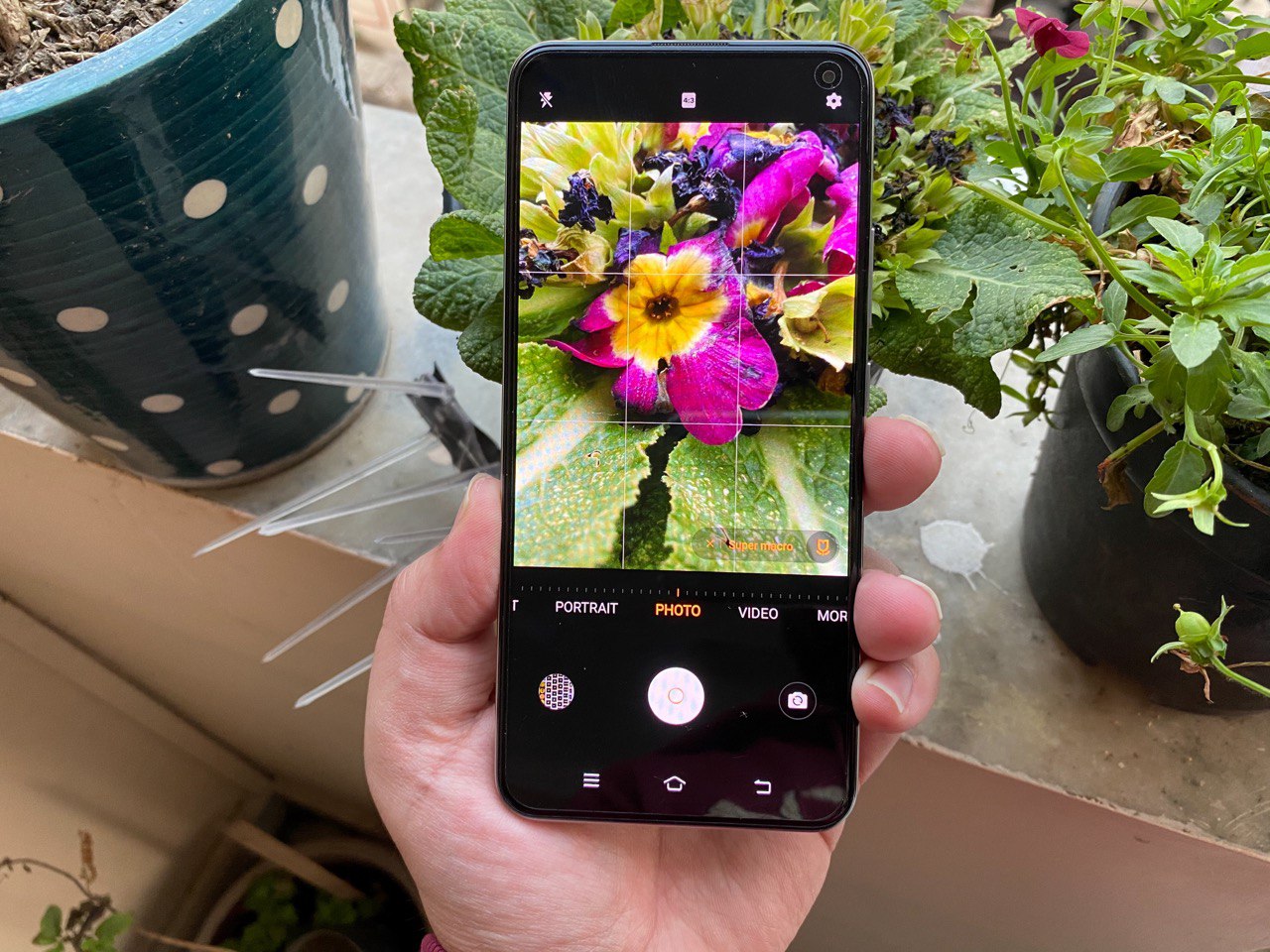
Coming to the last sensor, the macro lens which is good enough to take macro shots, the photos came out great with good details and colors but in terms of practicality, you’ll see no reasonable use for the macro mode. As said earlier, the camera struggles in lowlight conditions sending out more grains and noise when zoomed in, but thanks to the night mode, the pictures come out well in detail and shadows when using.
On the front, the Vivo V17 comes with a 32MP selfie camera which shoots some great selfies in terms of colors and details. To add to the other modes that are available, the selfie camera can also shoot in the night mode which takes brighter selfies in low lit areas. You can check the camera samples for yourself below.
[embed-google-photos-album “https://photos.app.goo.gl/gwAcRZCZN2pXA66y9”]
Battery and Connectivity
The Vivo V17 comes packed with a 4500 mAh battery and a bundled 18W fast charger to help you charge the device quickly. We’ve run our daily tests and the device did hold up a bit of juice after the end of a working day which included browsing, social media, gaming, and video streaming. All in all, the device did not heat up nor did we observe any battery drain issues. When it comes to charging, the device takes about an hour to charge from nil to 70% and takes about over an hour and a half to charge fully.
Coming to connectivity, the Vivo V17 comes equipped with Bluetooth 5.0, dual-band Wi-Fi, USB-OTG connectivity, and GPS. Moreover, in terms of streaming, the device comes certified with Widevine L1 DRM which makes sure that you can stream HD and higher resolution video content on streaming apps like Netflix, Prime Video and more.
Verdict

The Vivo V17 being the younger sibling to the V17 Pro comes with a punch-hole selfie camera whereas the former comes with a dual-lens pop-up selfie camera module. Overall, the device is a good addition to the Vivo family as it comes with great battery backup and fast charging support. Overall, the device can be questioned in a few aspects like a performance where you can get a similar processor or performance in devices like the Vivo U20. Moreover, the Vivo V17 can get a tough competition from the Redmi K20 which has better performance in offer. However, the Vivo V17 has its own upsides for which one can choose to buy it. That’s it for our Vivo V17 Review.
Pros:
- Attractive display
- Great battery life
- Lightweight design
Cons:
- Uses a dated processor
- FunTouch OS comes with bloatware

